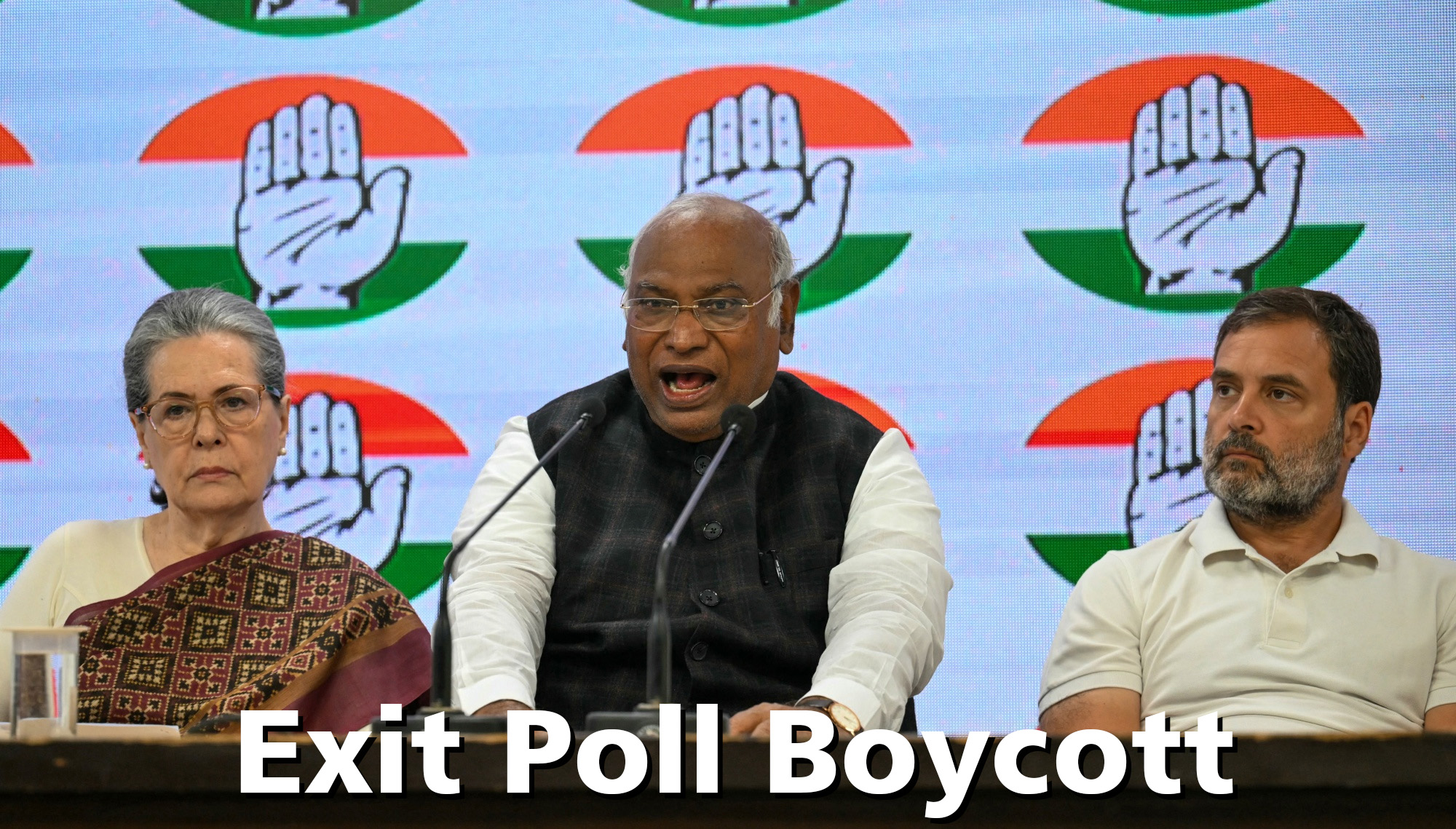
Mamata Banerjee’s party claims that the channels in question have consistently shown a partial view, focusing on issues in a manner that undermines the state government’s efforts. According to TMC spokespersons, the channels have engaged in what they term as "agenda-driven journalism," aimed at defaming the party and creating a negative public perception.
The controversy surrounding media bias is not new in Indian politics, but the TMC's action is notable for its scale and explicitness. By taking this step, the party is signaling its discontent with media practices that it believes distort the truth. TMC leaders have emphasized that this boycott is a protest against what they see as the maligning of their governance and political ideology.
The channels facing the boycott have defended their coverage, asserting that their reporting is based on thorough investigation and is impartial. They argue that the decision by the TMC to avoid their platforms is an attempt to stifle critical journalism. The networks have also pointed out that their reporting has been corroborated by multiple sources and reflects the diverse political landscape of West Bengal.
The TMC's stance highlights a broader issue in Indian media where political parties and media outlets often clash over issues of fairness and objectivity. This latest development underscores the ongoing tension between political entities and the press, reflecting a critical juncture in the discourse on media integrity.
Political analysts suggest that the boycott might impact the channels' viewership among TMC supporters but could also potentially stir more debate on the nature of media coverage in India. The channels' future programming and reporting will be closely watched to gauge how they respond to these allegations and whether they will adjust their editorial policies in light of the boycott.
The situation has prompted a wider discussion about media accountability and the role of political parties in influencing media narratives. As this story unfolds, it remains to be seen how both the TMC's boycott and the channels' responses will shape public discourse and media practices in the region.
